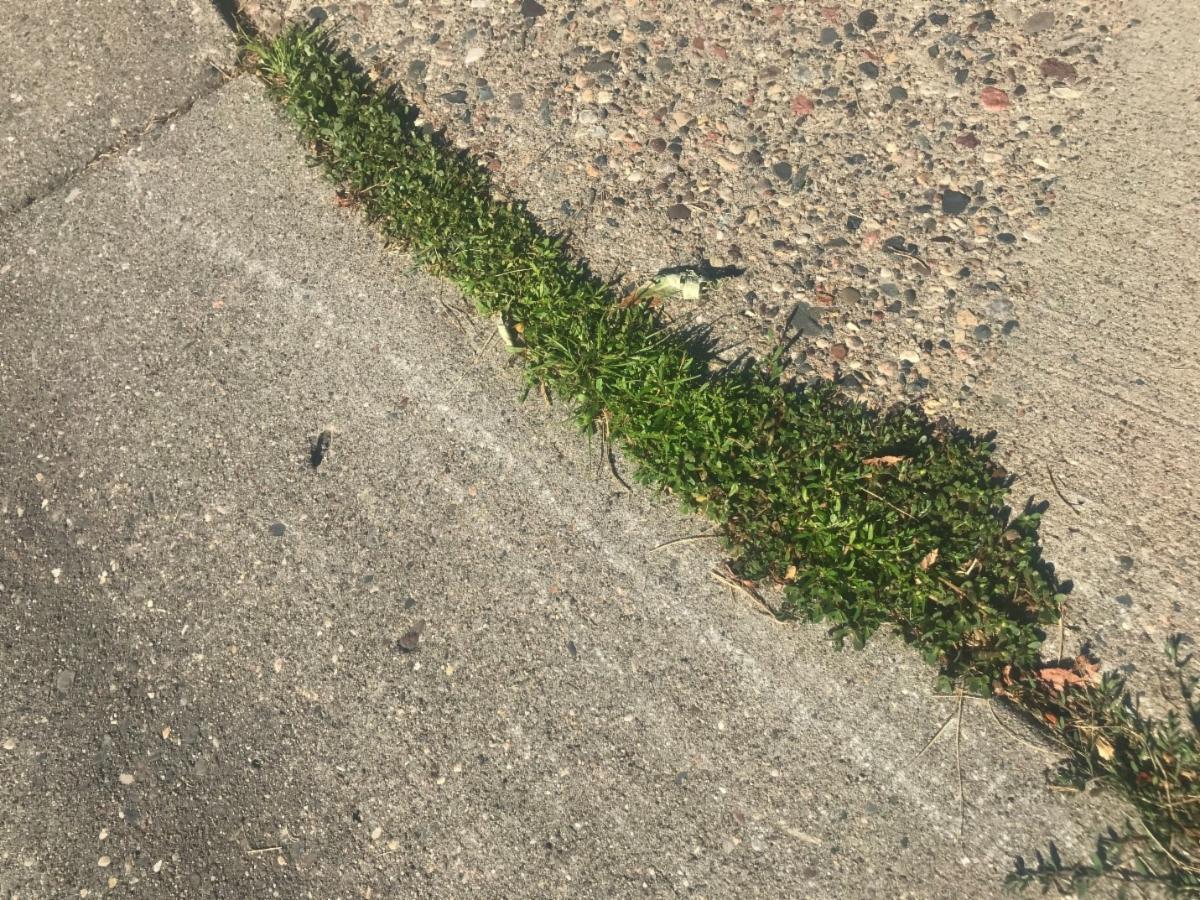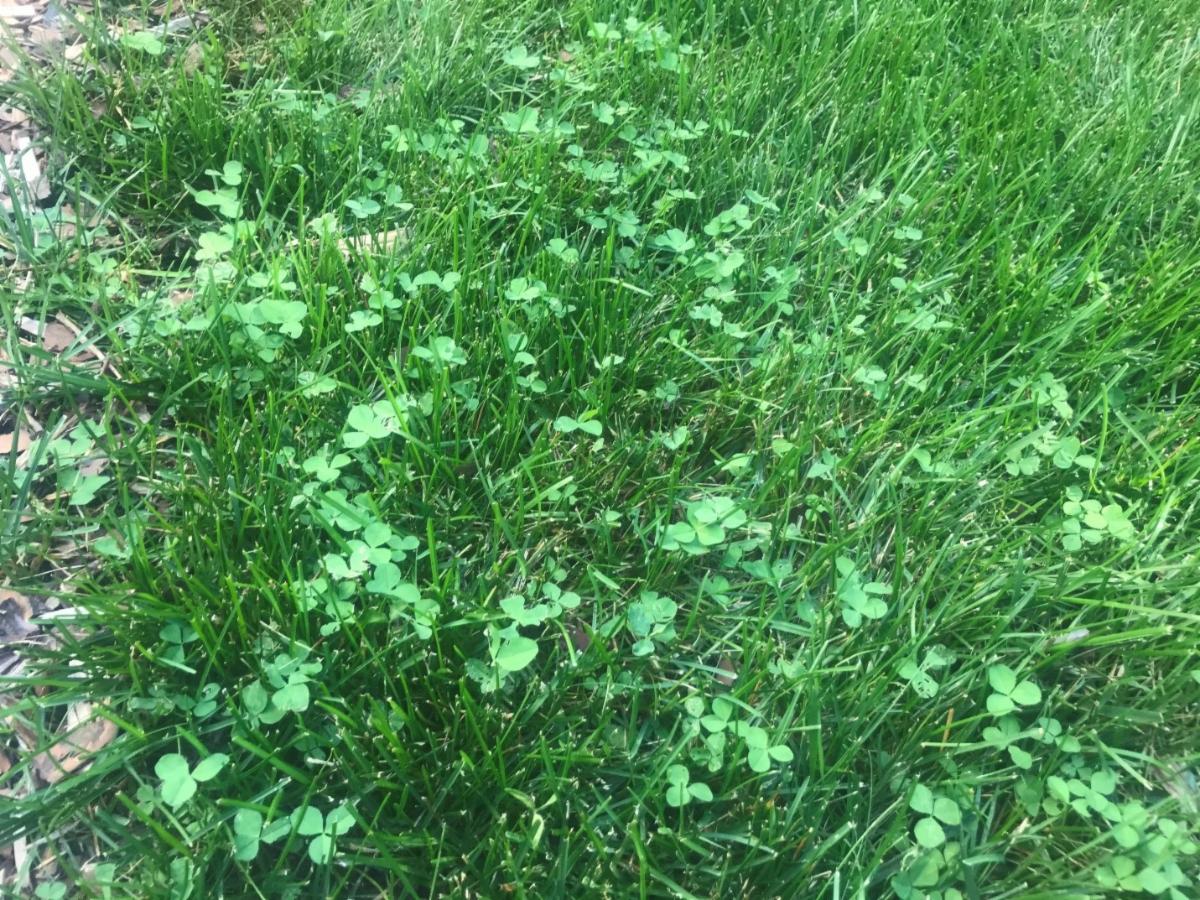|
Have you ever sprayed the weeds in your lawn and found out after a few days that the lawn is now checkered with yellow circles? How embarrassing. The key to successfully killing weeds is knowing what type of herbicide to use and the types of weeds you want to get rid of. Are you interested in killing all vegetation or just weeds in the lawn?
There are two main herbicide options - selective vs non-selective. Selective herbicides are designed to kill grassy weeds (monocots) or broadleaf weeds (dicots) but not both. Nonselective herbicides are designed to kill all plants.
Monocots have 'grassy' leaves. Monocot describes single-cotyledon plants such as lawn grass, weed grass, ornamental grass, corn, bamboo, iris, and lilies.
Broadleaf are 'fat' leaves. Dicots are broadleaf plants, which include everything else except the few listed above. Clover, dandelions, creeping Charlie, thistle, are all examples of broadleaf plants.
Glyphosphate, usually sold as Roundup, is a nonselective herbicide. It kills all plants it comes in contact with. On a windy day, drifting spray can unintentionally kill plants nearby.
Weed-B-Gone, for example, is a selective herbicide and will kills weeds in your lawn. It won't harm lawn grasses because it selects for broadleaf plants.
So, you've finally selected a herbicide to kill those pesky weeds. Before you dive in and start spraying, pause to read the label. Doing so is vital to protect yourself, your family and the environment.
The label may seem formidable at first glance, but it's very important to read it thoroughly. It contains legally binding information - approved by the Environmental Protection Agency - on how much product to use for optimal weed control, how to handle the product safely, and when, where and how it should be applied.
Remember that federal law governs the use of all pesticides.
Anyone applying pesticides must use them in accordance with the instructions and restrictions on the label.

To kill a mix of grassy and broad leaf weeds, use glyphosate.

To control cover in grass use Weed-B-Gone.
For more information on weed control and understanding Round-up products. |